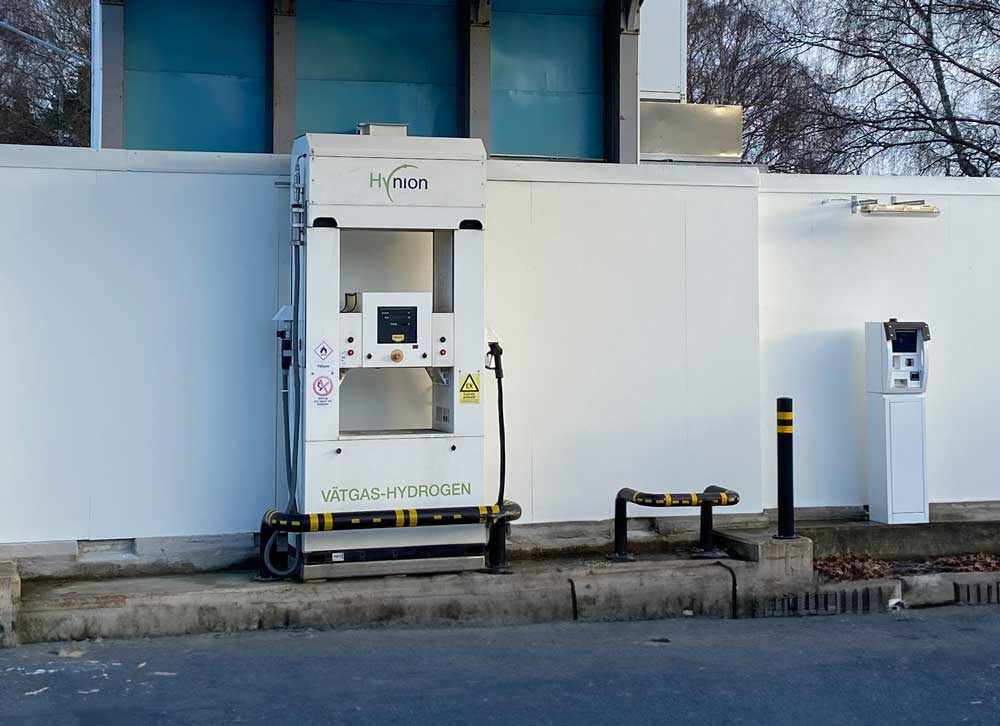Germany – TÜV Rheinland has secured authorization from the “Clean Energy Partnership” (CEP) – a consortium of industrial partners – to test and approve the refueling protocols of hydrogen filling stations.
A significant step toward safety
This endorsement is a critical step in ensuring the seamless exchange of data between vehicles and pumps during the refueling process – encompassing parameters such as pressure, flow rate, and temperature. The significance of this testing endeavor cannot be overstated. Without a verified and approved protocol, hydrogen filling stations are barred from dispensing hydrogen, underscoring the importance of TÜV Rheinland’s role in guaranteeing the safety and efficiency of these stations.
Factory Acceptance Test Report
At the core of this achievement lies TÜV Rheinland’s authorization to conduct the “Factory Acceptance Test Report” (FAT) and the “Site Acceptance Test Report” (SAT). These tests are not mere formalities; they are prerequisites for the commissioning of new hydrogen filling stations. Previously, the task of protocol approval rested solely with the CEP in Germany. As of now, Europe boasts just under 170 hydrogen filling stations, spread across Germany and its neighboring countries. However, the momentum of hydrogen station expansion is palpable, driven by the urgency of transitioning to cleaner energy sources.
The authorization granted to TÜV Rheinland translates into a pivotal testing service for the development of a Europe-wide hydrogen filling station network. As the network expands, the importance of standardized, verified refueling protocols becomes increasingly evident. These protocols are the linchpin of a system that ensures safe and efficient refueling, making them indispensable for fostering public trust in hydrogen-based transportation.





